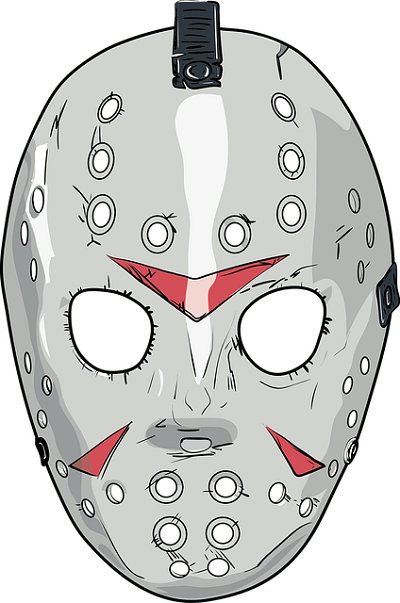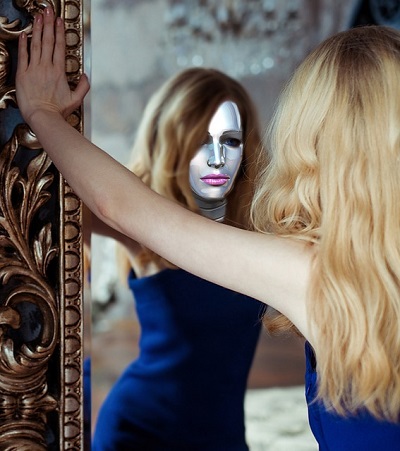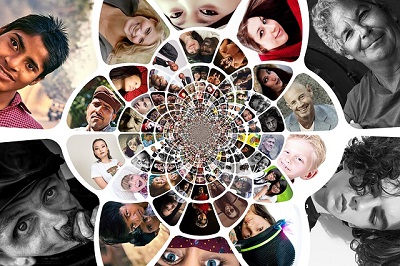We gathered a list of 15 weird phobias you may not believe are possible. Each may not only seem irrational, but also a little insane. Believe it or not, all are real disorders of the mind. Interestingly, it is estimated that over 6 million American people live with a phobia.
For decades, scientists have been researching to find answers to why people suffer from such irrational phobias. A Nature Neuroscience study found evidence that may provide a shocking explanation. The surprising results of the experiments explain that a traumatic event could affect DNA in sperm, which could then alter the brains and behavior of future generations.
In the study, a group of mice were trained to fear a smell similar to cherry blossom. Researchers at the Emory University School of Medicine learned that the dislike of the same smell was passed on to their “grandchildren”. The team meticulously studied what was going on inside the sperm. The study revealed that a section of DNA was made more active in the sperm. This section of DNA is responsible for the sensitivity to the cherry blossom scent. The extreme sensitivity to the cherry blossom was not only passed on to the offspring of the mice, but even their offspring.
Even though the offspring never experienced the specific scent in their lifetimes, they would still go out of their way to avoid it. The results of the experiment also showed a change in their brain structure. The amazing results gathered from this study are said to be extremely important for the future success of phobia and anxiety research. Hopefully, it will eventually lead to a lot more options for treatment. We are now going to briefly talk about the three different classes of phobias.
The 3 Different Categories Of Phobias Identified By Psychiatry
A phobia is a type of anxiety disorder defined as a fear that is irrational or extreme. It can also be defined as a strong dislike to something. There are 3 classes of phobias. The three categories are Agoraphobia, Social phobia and specific phobias. Below are their definitions and an example.
Agoraphobia
An irrational anxiety about being in places where escape might be difficult or embarrassing (often due to an environment that is too open or crowded). The phobia is often followed by panic attacks.
Example: A fear of leaving your home.
Social Phobia
An irrational anxiety evoked by the exposure of social or performance situations. One with a social phobia may fear scrutiny in a public situation, leading to embarrassment or even humiliation.
Example: A fear of being evaluated negatively in a social situation.
Specific Phobias
Persistent and irrational fear in the presence of some specific stimulus (such as an object or situation). Specific phobias are broken down into five subtypes: animal, natural environment, blood-injection-injury, situational and other type (such as vomiting or contracting an illness).
Example: We are about to share 11 examples of specific phobias.
Treatments For Phobias: Therapists will use a variety of methods that are said to help treat phobias. Systematic desensitization therapy has been commonly used to treat specific phobias.
Here is our list of phobias would won’t believe are real!
This post was updated by Trina McMillin.
#1 Paraskavedekatriaphobia: The Fear Of Friday The 13th
Paraskavedekatriaphobia is a fear of Friday the 13th. Although in Western superstition, Friday the 13th is considered an unlucky day, it is still not clear when or why. The association may be biblical and could have emerged in the Middle Ages (originating from Jesus’ last supper and crucifixion).
In the last supper (on Holy Thursday), there were 13 people in the Upper Room. This was the night before the death of Jesus, which was Good Friday. There may just be a very good reason to why some people fear Friday the 13th. That is, the classic horror movie Friday The 13th. If you have paraskavedekatriaphobia, you probably won’t watch any of the movies. Especially if you were alive on Friday, August 13, 1982 (the day part three was released). Talk about a double whammy.
#2 Alektorophobia: Chickens And Other Fowls
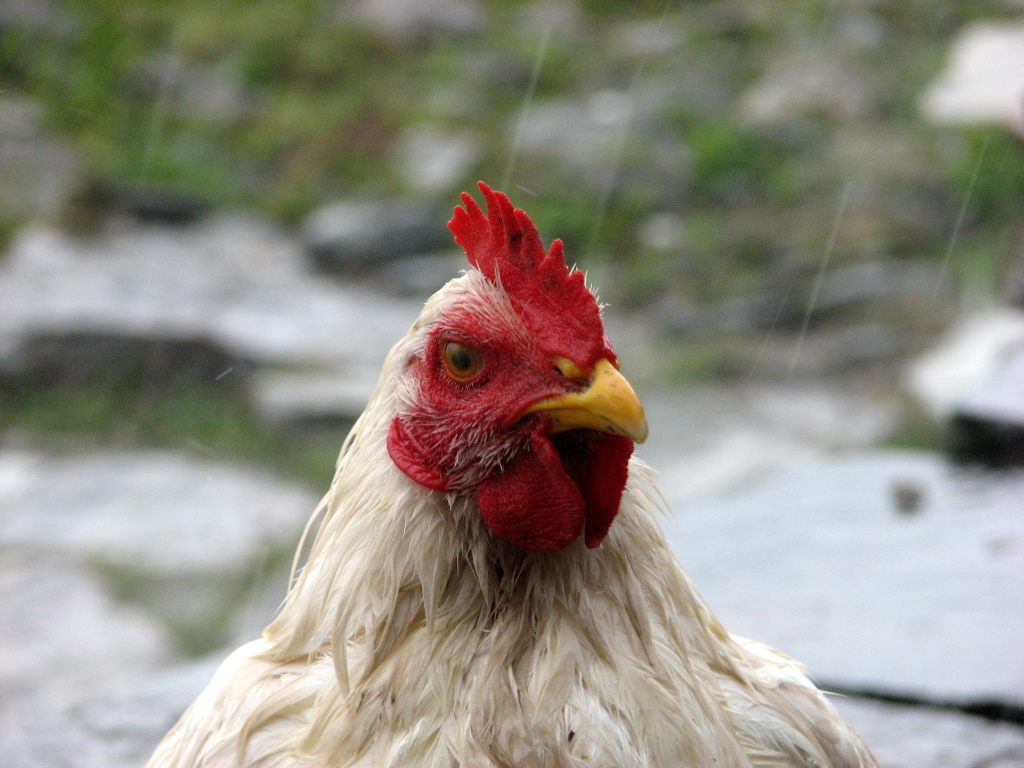
#3 Ecclesiophobia: Churches

While some people are afraid of a church building and the things in it, others have fear of what a church may represent. For example, they may be afraid of religious practices and a deity or deities.
#4 Acerbophobia: Sourness Or Things That Taste Sour
Acerbophobia (or acerophobia) is a fear of sourness or things that taste sour. So if you are a big fan of lemons or pickles, you do not have it. New encounters with a sour taste may worsen the phobia.
#5 Arachibutyrophobia: The Fear Of Peanut Butter Sticking To The Roof Of The Mouth
Arachibutyrophobia is the fear of peanut butter sticking to the roof of the mouth. It can be rooted in a more generalized phobia of sticky textures or choking. While there are some people that are able to eat peanut butter in small quantities, others are too afraid and will completely avoid it. There are also cases where the fear widens to other peanut products like peanut butter ice cream.
#6 Methyphobia: A Morbid Fear Of Alcohol
Methyphobia is an irrational fear of alcohol. It is commonly caused by the fear of alcohol causing a person to behave with more violence and abuse. People who suffer from methyphobia will avoid not only drinking alcohol, but even encountering someone who drinks it.
Sufferers who decide to drink alcohol or even get near a intoxicated person, may suffer from a variety of symptoms such as dry mouth, muscle tension, feeling out of control or hyperventilation.
#7 Epistemophobia: Fear Of Knowledge
Epistemophobia (or gnosiophobia) is a fear of knowledge. People with this disorder will choose to stay ignorant and will go out of their way to limit their knowledge (such as avoiding reading books and even watching television). Lifelong learning is threatened. They will also try to avoid engaging in conversations. Sufferers like to be all by themselves, which eventually results in social anxiety.
#8 Logizomechanophobia: Fear Of Computers
Logizomechanophobia is a fear of computers. With 2015 quickly approaching, this is a phobia you don’t want to have. That is because computers are the future. Plus, they are virtually everywhere.
#9 Decidophobia: Making Decisions
Decidophobia is a fear of making decisions. People with this phobia will often ask someone else to make their decisions. For instance, they will leave the decision-making to an authority such as a parent, spouse, priest or even a particular political party. No matter what the authority decides, the decidophobe accepts it to be true. This can lead to bad decisions and therefore, bad consequences.
#10 Androphobia: The Abnormal Fear Of Men

#11 Apeirophobia: Fear Of Infinity
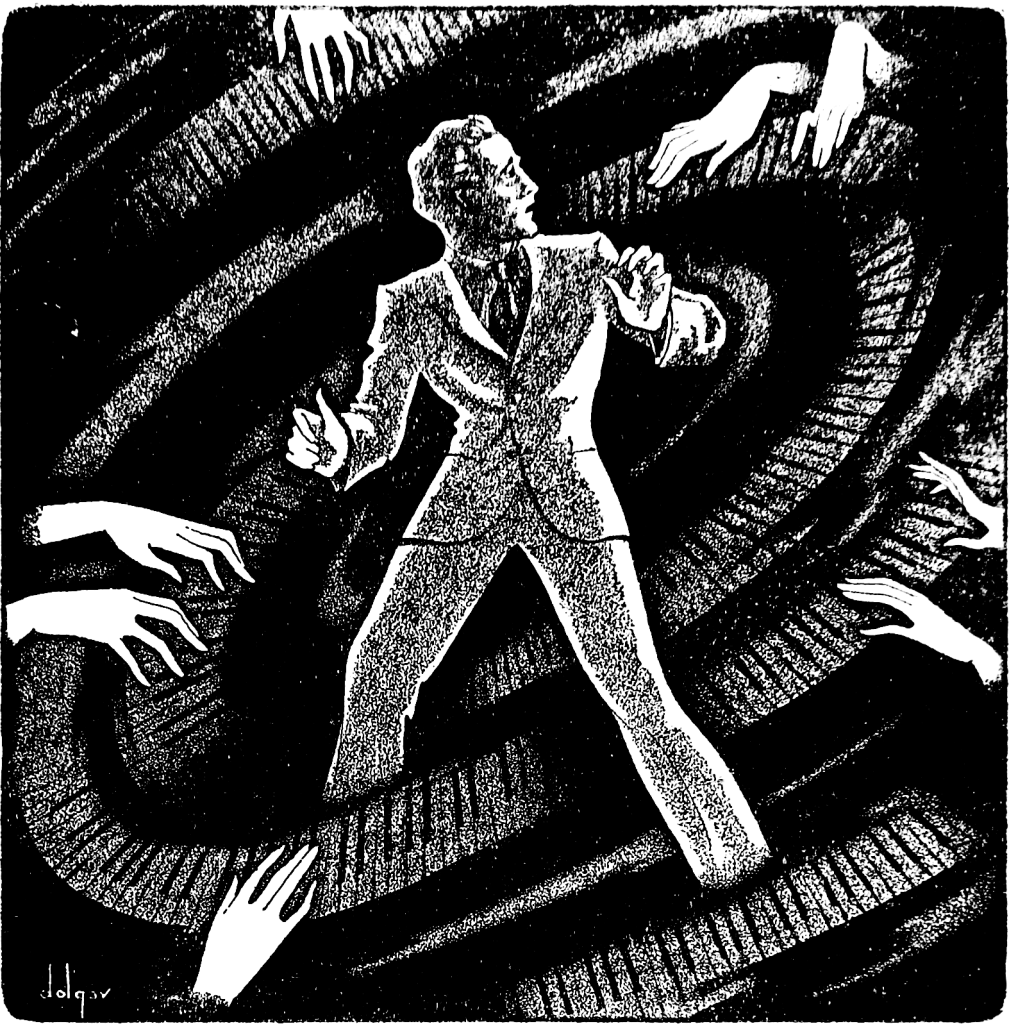
People with this bizarre type of phobia may suffer with a variety of different symptoms such as obsessive thoughts about the nature of infinity, a loss of appetite, loss of control and focus, and fatigue. Though apeirophobia can be very difficult to treat, sufferers will often receive cognitive-behavioral therapy. They can be treated by encouraging them to focus on their life and not dying.
#12 Spectrophobia: Viewing One’s Own Reflection In A Mirror
This phobia is a fear of viewing one’s own reflection in a mirror; thus, leading to a fear of mirrors. Individuals who have spectrophobia usually have experienced a traumatic event that involved mirrors. Some people may fear that ghosts or apparitions may be inside the mirror. Another issue that can lead to this phobia is low self-esteem related to the way an individual looks.
#13 Allodoxaphobia: Fear Of Opinions
This is a very rare phobia. Allodoxaphobia is a fear of opinions. It is believed that this phobia occurs if the individual had previous encounters when he or she has not received the option to express his or her own opinions. This phobia may also arise if the person has dealt with his or her opinions being rejected. Allodoxaphobia can be caused by a fear of confrontation. This condition frequently becomes evident during social situations or when the affected person will not get involved in discussions.
#14 Xanthophobia: The Color Yellow
Individuals who have xanthophobia fear yellow; therefore, anything yellow can lead to problems. These issues include the sun, yellow paint and daffodils. When in its most aggressive forms, xanthophobic symptoms could include an overwhelming fear of the word yellow.
#15 Omphalophobia: Belly Buttons
Omphalophobia is the term used to describe those who have a fear of belly buttons. People suffering with this condition are scared of having their navels touched or of touching someone else’s belly button. This fear typically relates to the umbilical cord and the mother’s womb.
Final Thoughts
There are so many different bizarre phobias out there. Hopefully, there will be a lot more scientific breakthroughs that will help treat all types of phobias in the future.
One thing is for sure, science is one big step closer to understanding why they actually occur. From various studies, we learned how experiences of a parent may influence structure and function in the nervous system. Phobias may very well just be the memories that are passed down in genes from our previous ancestors.





